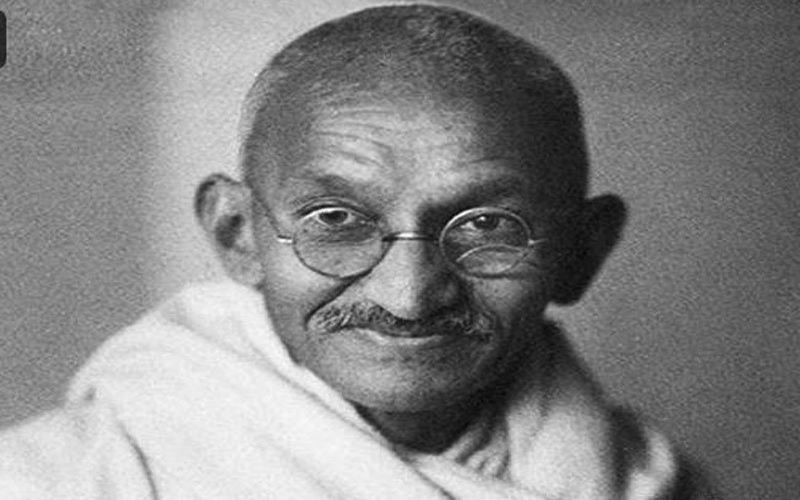Rasia Nayeem Hashmi
Today is the 72nd death anniversary of Mohandas Karamchand Gandhi, the freedom fighter whom India calls Father of the Nation. The day is also celebrated as Martyrs Day. He was shot dead by a right-wing fanatic, Nathuram Godse on January 30, 1948, while he was protesting against the violence and massacre that had spread over the nation after the creation of Pakistan. Godse, a member of the RSS, was upset with Gandhi’s philosophy of non-violence. Some historians claim that he was no more the member of the RSS when he shot Gandhi. Nevertheless, he was tried and hanged for his crime that jolted the world.
Today the nation needs to recall Gandhi’s sayings to make the country a better place to live.
Gandhiji was keen to maintain India as a secular and a non-violent nation. He said: “Death for me would be a glorious deliverance rather than that I should be a helpless witness of the destruction of India, Hinduism, Sikhism and Islam.”
All his life he fought against violence with non-violence and upheld democracy with all its glory. Calling non-violence the greatest force Gandhiji, as he is popularly known, had said: “Non-violence is the greatest force at the disposal of mankind. It is mightier than the mightiest weapon of destruction devised by the ingenuity of man.”
His belief was democracy had to be based on the principles of equality for all irrespective of religion, caste and class. He maintained: “To safeguard democracy the people must have a keen sense of independence, self-respect and their oneness, and should insist upon choosing as their representatives only such persons as are good and true.”
Terming civil disobedience a sacred duty at times when a state becomes lawless, Gandhiji had said: “Civil disobedience becomes a sacred duty when the state becomes lawless or corrupt.”
Gandhiji was of the opinion that democracy and use of force cannot go side by side. He said: “Force, violence, pressure, or compulsion with a view to conformity, are both uncivilized and undemocratic.”
He strongly condemned corruption in these words: “Corruption and hypocrisy ought not to be inevitable products of democracy, as they undoubtedly are today.”
Gandhiji’s principles were to forget and forgive, he had said: “An eye for an eye will only make the whole world blind.”
Denouncing the war and advocating for peace, Gandhiji had said: “Peace will not come out of a clash of arms but out of justice lived and done by unarmed nations in the face of odds.”
Gandhiji had said, “Liberty and democracy become unholy when their hands are dyed red with innocent blood.” Were he present today, God knows what his reaction would have been on the murder of democracy.

